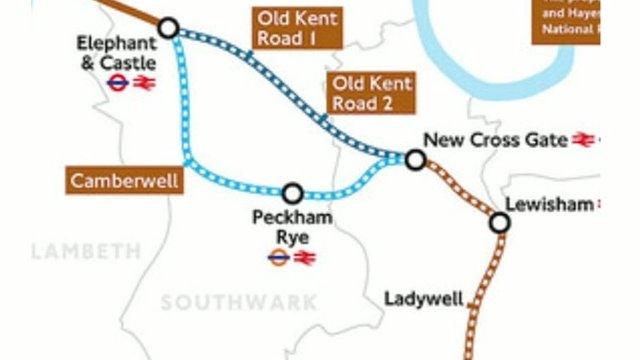Barking Riverside could be last major TfL project - Lib Dem assembly leader
- Published
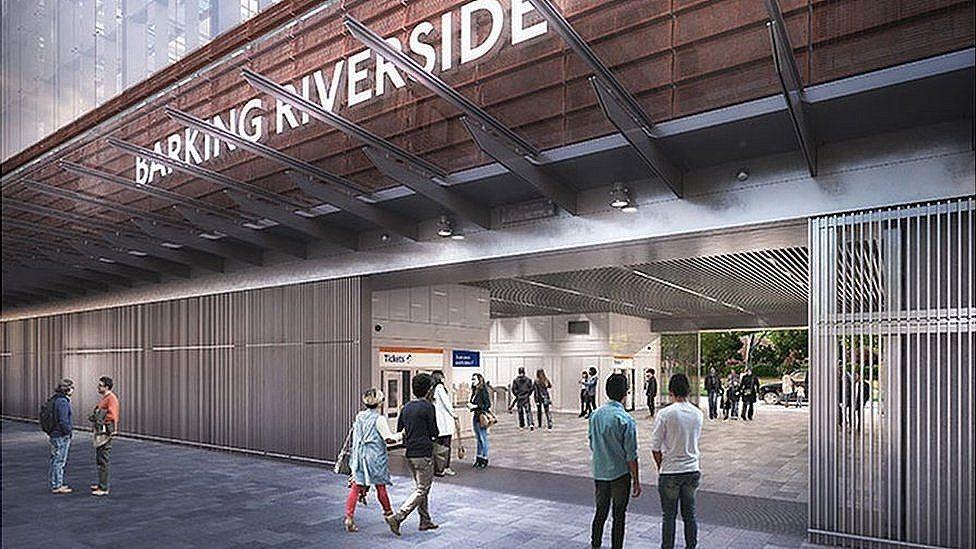
The station will support a new housing development in the area
A newly opened London Overground extension could be the "end of the line" for major projects, according to London Assembly Liberal Democrat leader Caroline Pidgeon.
The extension of the Gospel Oak line to Barking Riverside opened on Monday.
A loss of Transport for London (TfL) income due to the Covid-19 pandemic has meant some proposals have been shelved.
Ms Pidgeon said she feared without new infrastructure projects there could be "huge vacuum in years to come".
TfL has warned of major spending cuts without the support of the government.
The organisation has been reliant on government bailouts since the pandemic to make up for lost revenue.
Barking Riverside station was built to support a new 10,000-home development in the area and provide a connection to Barking station in seven minutes.
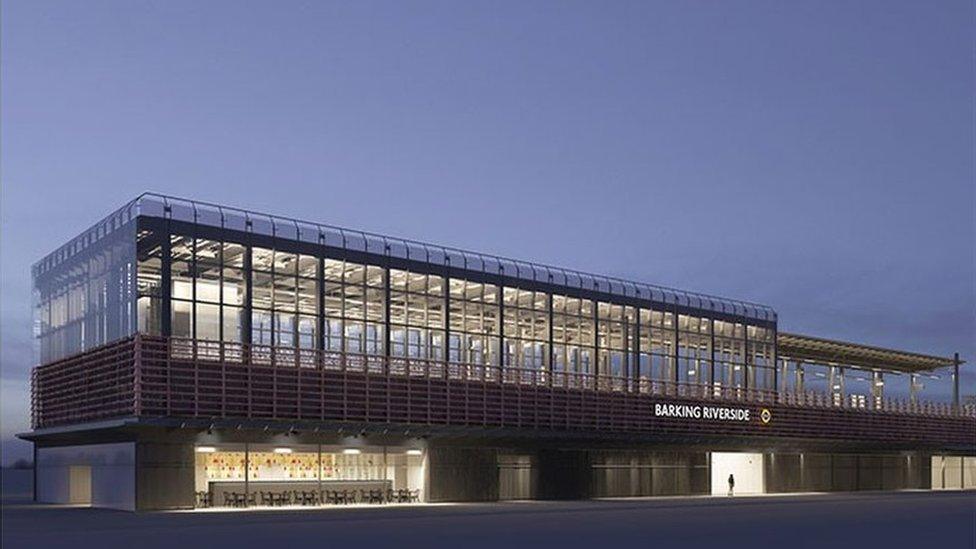
The new Barking Riverside station will have step-free access from street to train
The opening of the Barking Riverside extension follows shortly on from the grand opening of the Elizabeth Line.
TfL reported that the number of passengers using the Tube was at 50% on pre-pandemic levels, while those using buses was at 80% on Monday morning.
About 70% of the organisation's revenue comes from fares.
Ms Pidgeon praised the new extension, but said London needed new major projects to keep growing.
"I have a fear that whilst this is an amazing project, this is kind of the end of the line for some of the major TfL projects," she told BBC Politics London.
"When you actually look at what else is coming up, there is nothing. What about the Bakerloo Line extension? What about the extension of the tram to Sutton? All of these projects have been paused or cancelled.
"It's really important to keep London moving, so we don't have this huge vacuum in years to come", she added.
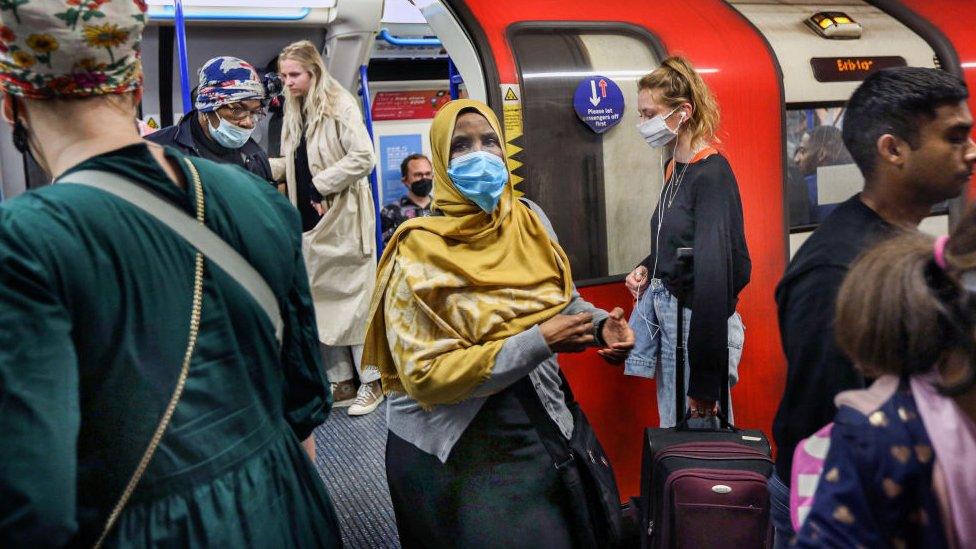
TfL says it has reduced its annual running costs by more than £1bn over the past five years
TfL has previously warned of massive cuts to services unless it receives more help.
Seb Dance, Deputy Mayor for Transport, said: "TfL is uniquely dependent on fare revenue compared to transport authorities around the world."
"Without the support from government to replace the revenue we lost during the pandemic, we cannot continue to provide the London-style transport system Londoners need and deserve - much less the rest of the country."
Last week TfL's emergency funding deal with the government was extended until at least 28 July.
The Department for Transport said TfL was yet to show evidence it had found £400m of savings - a condition of the last bailout. TfL denied this claim.
- Published30 May 2022
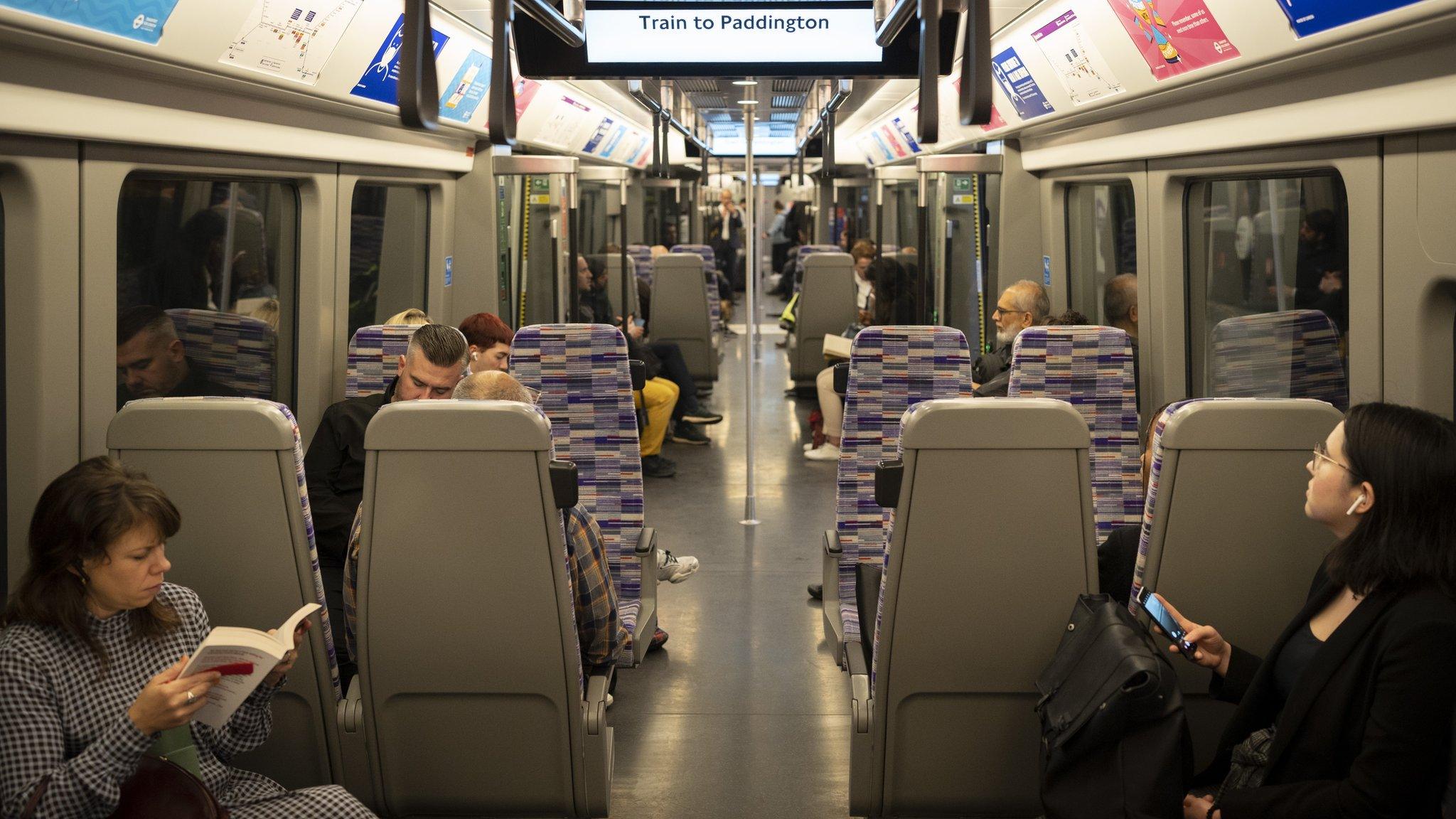
- Published17 May 2022
- Published13 July 2022
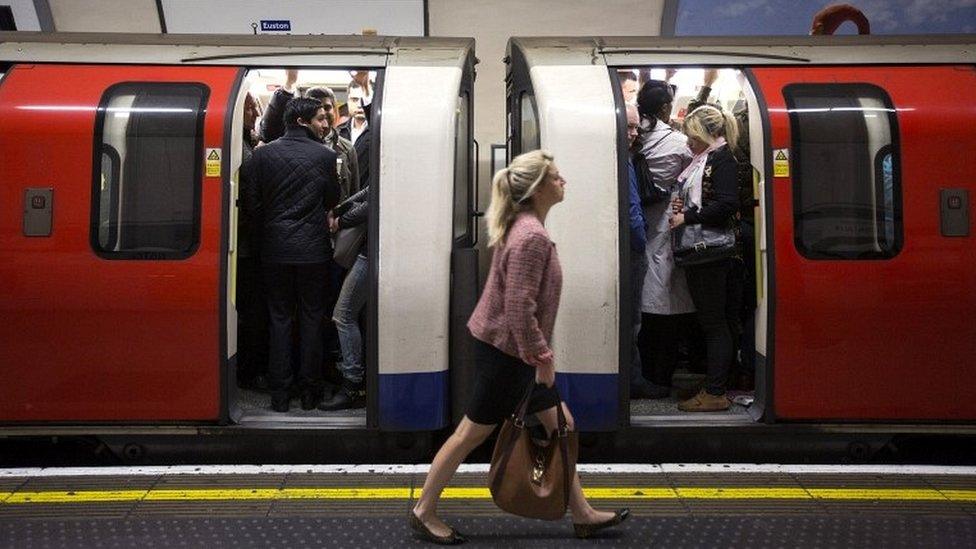
- Published5 December 2014
